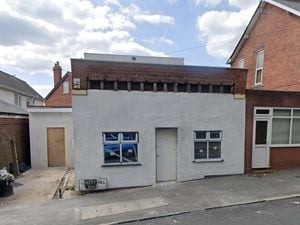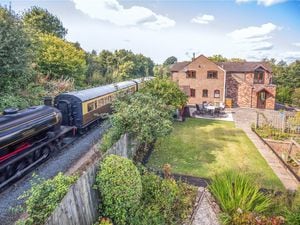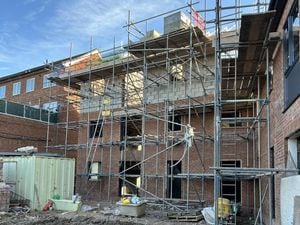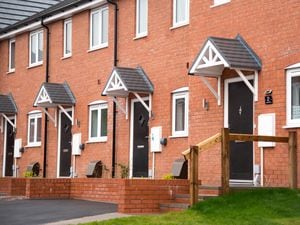West Midlands Mayor Andy Street: Pledge to save green belt is realistic
Mayor Andy Street has insisted his vision for the homes needed over the next decade to be built without touching any green belt is realistic.
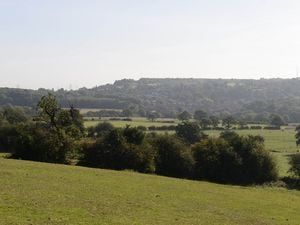
Mr Street accepted it would be a huge challenge to ensure all new housing is built on previously developed sites but said it could be done with enough funding from the Government and compromise from developers.
His insistence that no green belt land should be built on goes against the views of housing experts who have said it is inevitable some sites will have to be released to fulfil the massive demand for housing over the next two decades.
WATCH: More on the campaign
The Mayor told the Express & Star: "It's not straightforward, let's be really clear about this, but if you think about what's happened in the last few years we have increased our rate of house building across the West Midlands to 17,000 homes per year, that is a doubling since 2013, a rapid acceleration.
"Within that number of 17,000 there have been sites where people have said 'no you'll never achieve that, that have evaded us for years, and a really good example of that is the Friar Park site (former sewage works earmarked for homes).
"People said for 30 years 'this can't be done' but it has been done by the housing team at the combined authority working with Sandwell Council, putting the money on the table to clear it up, doing the transaction with Severn Trent.
"So we look forward and say how many more sites are there like this, can we do it? Answer, yes. But it's going to be an incredible stretch and we're all going to have to work bloody hard but personally I believe it's the right thing to do."
A barrier to building on derelict sites is often the costs involved for developers to clear and prepare them but Mr Street believes it will be possible to access the necessary funding.
He said: "We have done really well at putting funding together for this. The total funding that the combined authority has is about £600 million - not all of that goes to brownfield remediation but a large chunk of it does - and that's what's moved us forward.
"But we need more, we do accept we need more, and that is why we are arguing at this Budget that we should have an initial £200m, the same as that we got right at the beginning of the combined authority and we're confident if that comes through it enables us to continue with if not quicken the pace that we're doing it.
"We do need money from central Government for this but I believe strongly there is a very good economic case for doing this and it's appropriate for public money to be used on this."
Mr Street dismissed naysayers who insist green belt will have to be built on to deliver the 70,000 homes needed by 2038 and said housing bosses must consider more high-rise building.
"It's too easy to leap to that and my point is we've got to resist taking the easy option," he said.
"We've got to think about the nature of the development in the conurbation. Why is it we don't have any high rise in the centre of Wolverhampton? It's a city that's resurgent, we think it quite appropriate there should be high rise.
"Building up will be key, not for everyone, but we want to make sure young people have new, attractive homes. That would work well so why are we not prepared to think a little bit outside the box in terms of how we do it in the existing urban spaces rather than reach immediately to I want to do a greenfield extension?"


